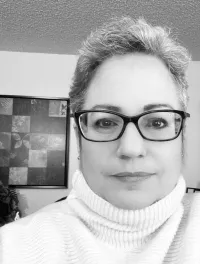Plumbo
Service You Can Trust & Afford
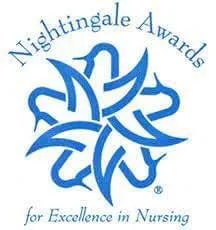
The NURSING WIT AND WISDOM project is proud and honored to have been nominated for the 2015 Nightingale Awards!
Audrey's Blog
Let me share some of my favorite stories with you!
About
Online Courses for Nurses and Preceptors
Fun ways to learn with Clinical Challenges
Blog with lots of Freebies!
Lots of ways to Inspire and Be Inspired!

Surgical Never Events and the 3 Questions
Surgical Never Events malpractice claims totaled $1.3 billion dollars between 1990 and 2010.
A recent study by The Johns Hopkins University School of Medicine, targeting a review of the National Practitioner Data Bank, http://www.npdb-hipdb.hrsa.gov/ a federal repository of medical malpractice claims, identified a total of 9,744 paid malpractice settlement and judgments for surgical never events between 1990 and 2010.
In that patient population, 643 or 6.6% of those patients died, 3205 or 32.9% of those patients sustained permanent injuries and 5768 or 59.2% of those patients sustained a temporary injury due to a surgical adverse event.
The findings of the study, elaborated in the journal of ‘Surgery’, December 2012, described a variety of ‘Surgical Never Events’ including remaining sponges, wrong procedure, wrong surgical site and wrong patient. Wrong site, wrong procedure and wrong person surgeries are considered ‘sentinel events’ which are
The study also evaluated surgeon age spectrum noting 36% of the events occurred with a surgeon between the ages of 40 to 49 and 30% occurred with surgeons between the ages of 50 to 59. Less than 15% of the errors were performed by surgeons 60 years of age or older.
In 2004, the Joint Commission approved a three-step process called ‘the Universal Protocol for Preventing Wrong Site, Wrong Procedure and Wrong Person Surgery” for all accredited hospitals, ambulatory care and office-based surgery facilities. The Universal Protocol initiative was called, “Speak UP’ and include a pre-procedure verification process, marking of the procedure site prior to the surgical procedure, performing a time-out to review the process and procedure prior to surgery and specific steps for special circumstances including premature infants, teeth, minimal access procedures and mucosal surfaces.
FACTS ABOUT THE UNIVERSAL PROTOCOL ]http://www.jointcommission.org/standards_information/up.aspx
UNIVERSAL PROTOCOL: SPEAK UP http://www.jointcommission.org/assets/1/18/UP_Poster1.PDF
However, despite the initiatives, the study in ‘Surgery’ actually notes an increase in Surgical Never Events between 2002 and 2011 and describes an 8% increase in retained object events in 2011.
The study notes that Mark R. Chassin, MD, MPH, president of the Joint Commission remarked that there were approximately 300 ways that timeouts could fail, including marking the surgical site too far away from the incision target spot, the entire team not stopping for a pre-procedure time-out and failure of a team member to speak up about failed safety checks.
The most frequent surgical never event reported were cases of surgical items difficult to track that get left in the patient including sponges, needles and other items used in surgery.
New safety check procedures were developed including dedicated holders for sponges and radio frequency identification chips in the sponge that make them easier to track using peri or post operative x-rays.
So, WHAT ARE THE 3 QUESTIONS that would help identify any breaks in procedure?
a. WERE THEY EDUCATED ABOUT THE TOPIC: Was the staff [including physicians, anesthesiologists, nurse anesthesiologists, nurses and technicians] educated about the Universal Protocol?
b. WERE THE RESORUCES AVAILABLE?: If there was not a formal educational event, was the Universal Protocol available in a route they could access themselves no matter what time of day or day of the week [that supervisors, managers and educators might not be available] [ie policy and procedure books, or institutional intranet portals? Was there documentation that each person acknowledged this education?
c. DID STAFF FOLLOW THE DIRECTIVES THEY WERE EDUCATED ON?: Did they as individuals and as a surgical team, follow the directives of the Universal Protocol as they were educated? And, if not, what was the circumstance and why was the protocol not followed?
In an environment that is often chaotic as well as busy, including a fervor to start trauma or emergency surgeries and monitoring a mass of residents and medical students, pre-procedures are often attempted to be completed as everyone is getting into place and not stopping as a team.
Joint Commission noted in June 2011, that process-related problems at risk for resulting in wrong-site surgeries fell from 52% to 19%. They offer a surgery prevention toolkit to commission-accredited hospital at no cost.
Education is available, and free. And errors have been reduced. But if you are one of the 19%, it is not enough.
[Original posting 02/01/2013.]
Helping You Find The Answers,
Audrey Friedman, RN
Friedman Medical Legal Consulting, LLC
I want nurses to feel excited about their work.
To feel empowered, connected and inspired when they make a difference in another person's life.
Come join me in renewing our connection, commitment and inspiration for Nursing:
reviewing clinical knowledge, enjoying fun clinical challenges, healing burnout and being inspired!
We are an award winning plumbing company with over 20 years experience in the business. We provide a wide range of services for both residential and commercial clients.

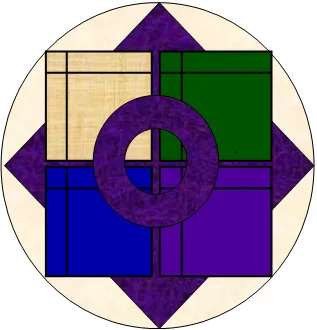
My Blog with
Clinical Challenges


Courses for Nurses and
The Preceptor Academy
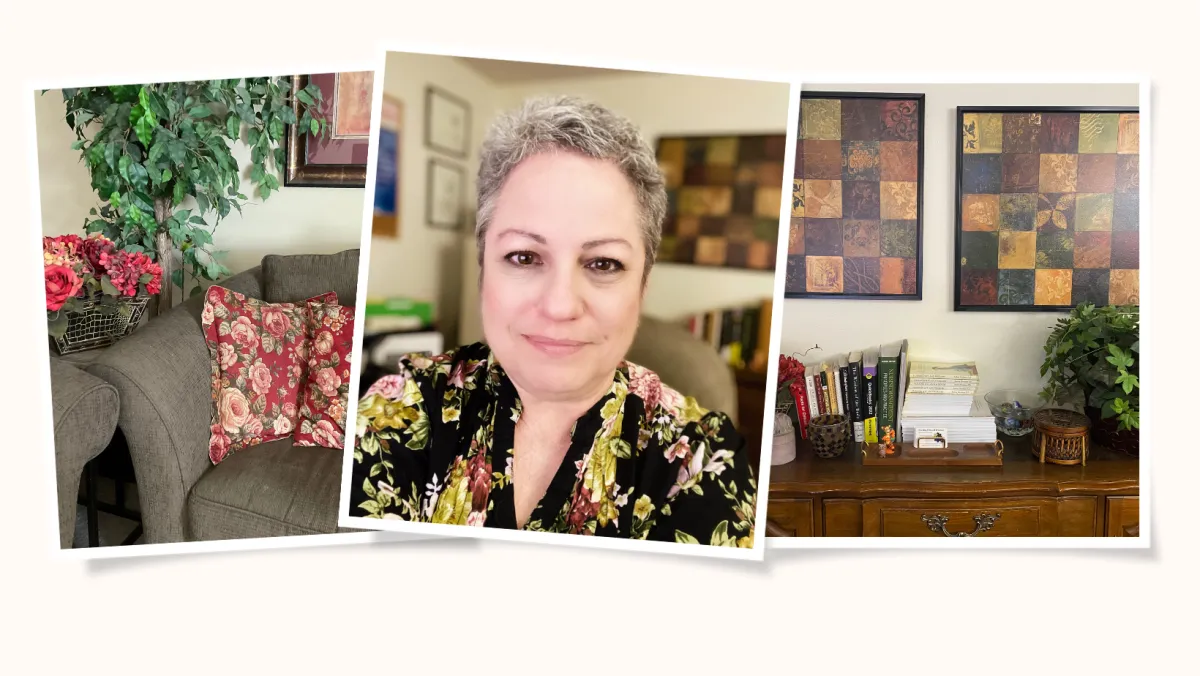

Coaching with Audrey
Preceptor Academy
Clinical Challenges
Resources
Inspirations!
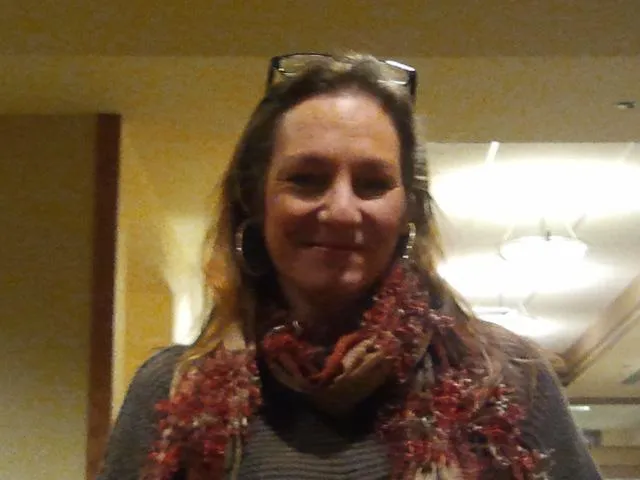
"I have had the pleasure to read quite a few of Audrey's work, and they have always been enjoyable, as well as educational. Don't miss out on a chance to read such a witty, informative, educational and memorable journey with insight only a dedicated nurse could share with us."
Jill Oldehoff
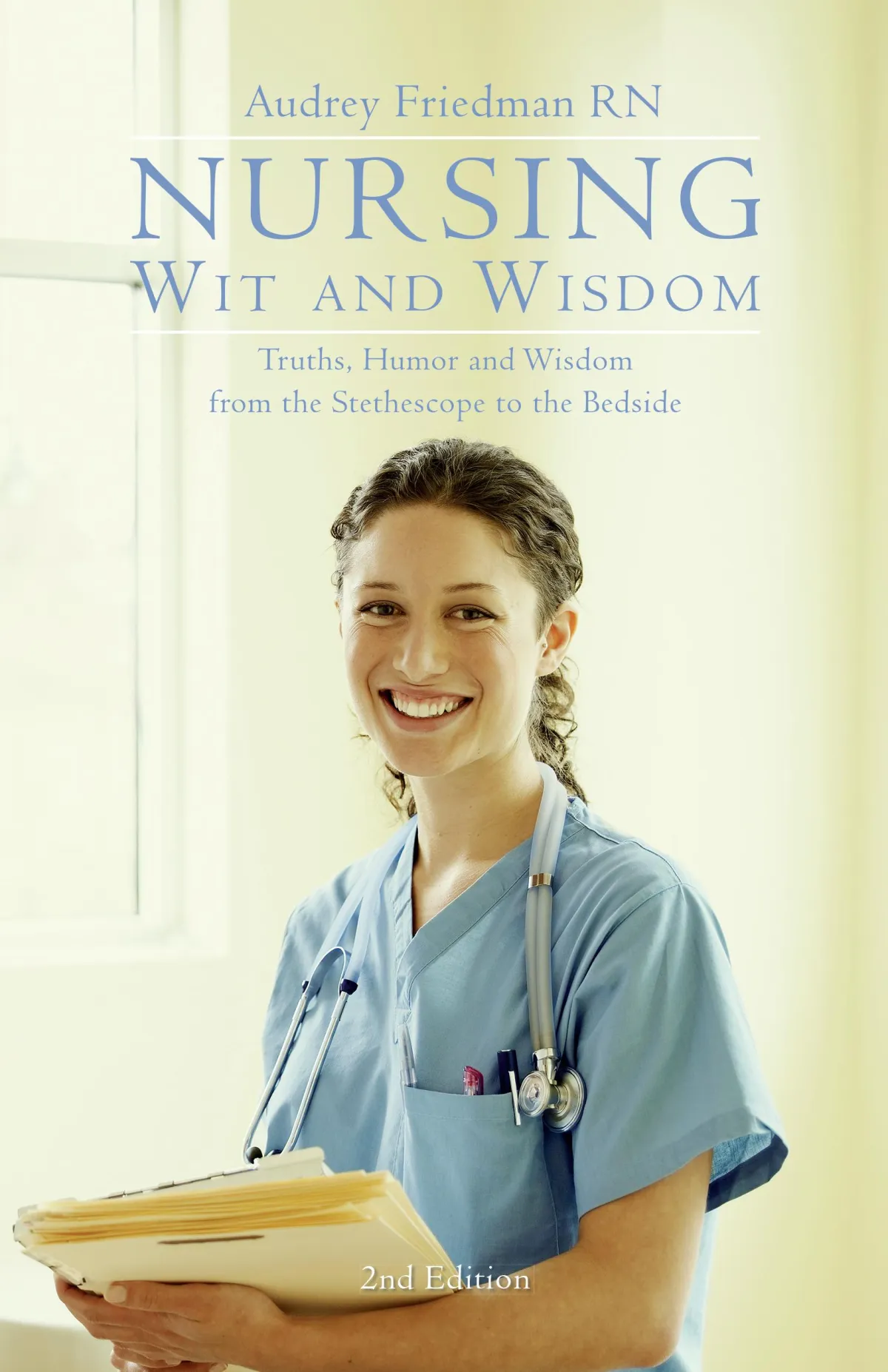
Nurses have the unique privilege to have a backstage pass to our patients' and families' journeys. In the process, we teach, listen, clean up things only your mother or a toxic waste company would touch, and love to wake up doctors in the middle of the night.
And hopefully, we inspire and share our wisdom along the way.
The journey is not only for them, but for us as well. Our own journey as nurses has been seeded by what we experience. Do you see them as gifts or challenges? Can both inspire you?
I hope so!
This is the perfect companion for nurses, nursing students, medical students and all those who share in a nurse's life.
Share it with someone!
Inspire and Be Inspired!
Audrey Friedman, RN
2015 Nightingale Award nominee
"This book should be in the hands of every single nurse on the planet!"
- Sara Davenport
